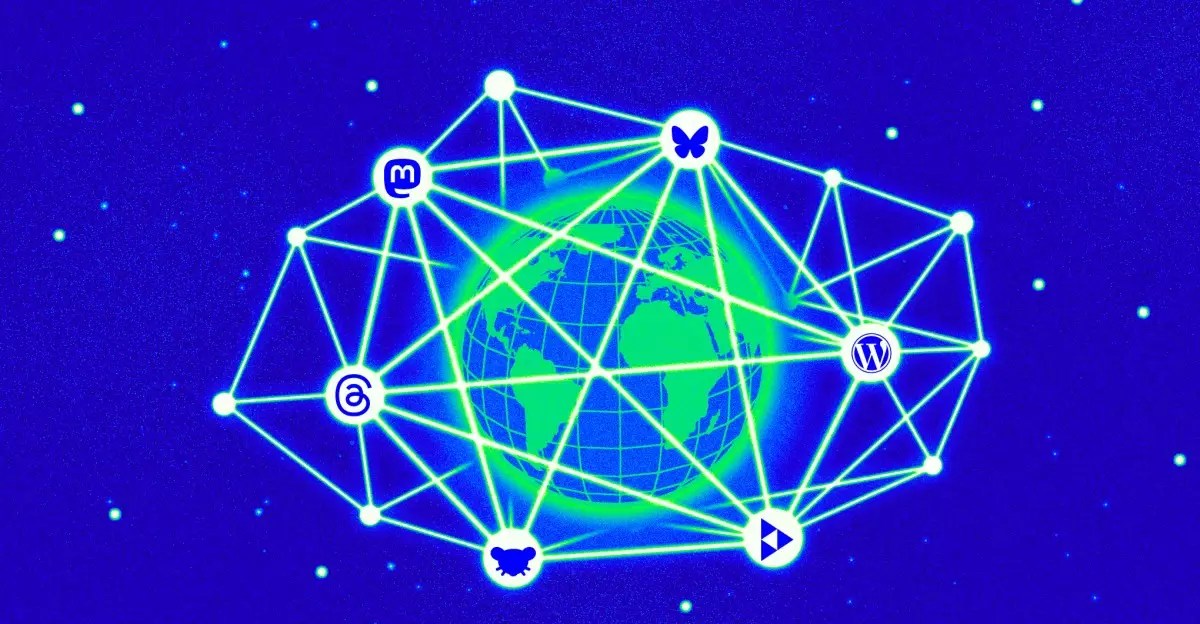The technological landscape of our online interactions is in a state of exciting evolution, largely fueled by innovative applications carving new pathways within the open web. Notably, platforms like Bonfire Social, Channel.org, and Bounce are not just minor upgrades; they represent a paradigm shift toward decentralization and user empowerment in social networking. Gone are the days when users are merely passive consumers of content; now, they can engage in a vibrant, self-governing online ecosystem that prioritizes community and collaboration.
At the heart of this transformation is Bonfire Social. Launching its first version during the annual FediForum, this platform aspires to be more than a mere social app. It aims to be a fertile ground where diverse digital communities can establish their unique identities, governance models, and cultural norms. The pre-configured bundle of features—custom feeds, profiles, threaded discussions—empowers users to shape their social environments actively. The vision of Bonfire Social is not to replicate existing structures, but to innovate by enabling tailored interactions within communities, further enhancing the essence of user-first engagement.
Redefining Community Interaction
Bonfire Social’s initiative to create different “flavors” highlights a vital aspect of this new wave of platforms: flexibility. Whether it’s Bonfire Community, targeting private networks, or Open Science, aimed at collaborative research, these specialized extensions are not just about niche interests; they reflect the growing desire for customized social interactions. Communities can choose how they wish to function, promoting a diversity of engagement that is often overshadowed by the one-size-fits-all approach of traditional social media.
While Bonfire focuses on community creation and management, Channel.org takes a different but equally significant route by enhancing how we engage with online content. By enabling users to curate their feeds selectively, this platform addresses a growing concern in discussions about digital user experience—the overwhelming noise of irrelevant information. Channel.org allows users to track hashtags and individuals, effectively filtering their digital experiences to suit their interests, highlighted by features that mute unwanted content and exclude harmful material. This nuanced approach to curation demonstrates a thoughtful response to the shortcomings of existing social media platforms, which often commodify user attention rather than prioritize meaningful engagement.
A Seamless Transition to Decentralized Networks
Bounce, the final piece of this digital puzzle, serves as a bridge between networks, facilitating a seamless transition for users moving from Bluesky to Mastodon without losing their social capital—followers and connections. The creators of A New Social understand that the reluctance of users to abandon existing networks stems from concerns over losing their established communities. Bounce directly addresses this barrier, simplifying the onboarding process to new decentralized environments while ensuring users maintain their connections.
The concept of interconnectivity doesn’t just benefit individual users; it fosters an interconnected ecosystem of platforms that promotes user choice and autonomy in online spaces, presenting an alternative to the monopolistic tendencies typical of established social networks.
Implications for Future Digital Interactions
As we witness the commitment to a decentralized, user-centric approach, these platforms set the stage for profound implications in how we navigate online spaces. By focusing on community governance, content curation, and inter-platform connectivity, Bonfire Social, Channel.org, and Bounce each contribute to redefining what social media can be. This shift not only democratizes online interactions but also nurtures a sense of agency among users, prompting deeper engagement and interaction.
This new direction raises enticing questions about the future of our digital lives. Will we see an exponential growth of self-governing communities that thrive on cooperation rather than competition? Can the practices of curating and interconnecting redefine social media norms and foster healthier online environments? As these platforms evolve, it’s essential to observe their impact not just on users but on the overall culture of online interaction. Each innovative step takes us closer to realizing a web that is genuinely open, user-friendly, and devoid of the oppressive structures that have historically hindered freedom of expression and community empowerment.


Leave a Reply